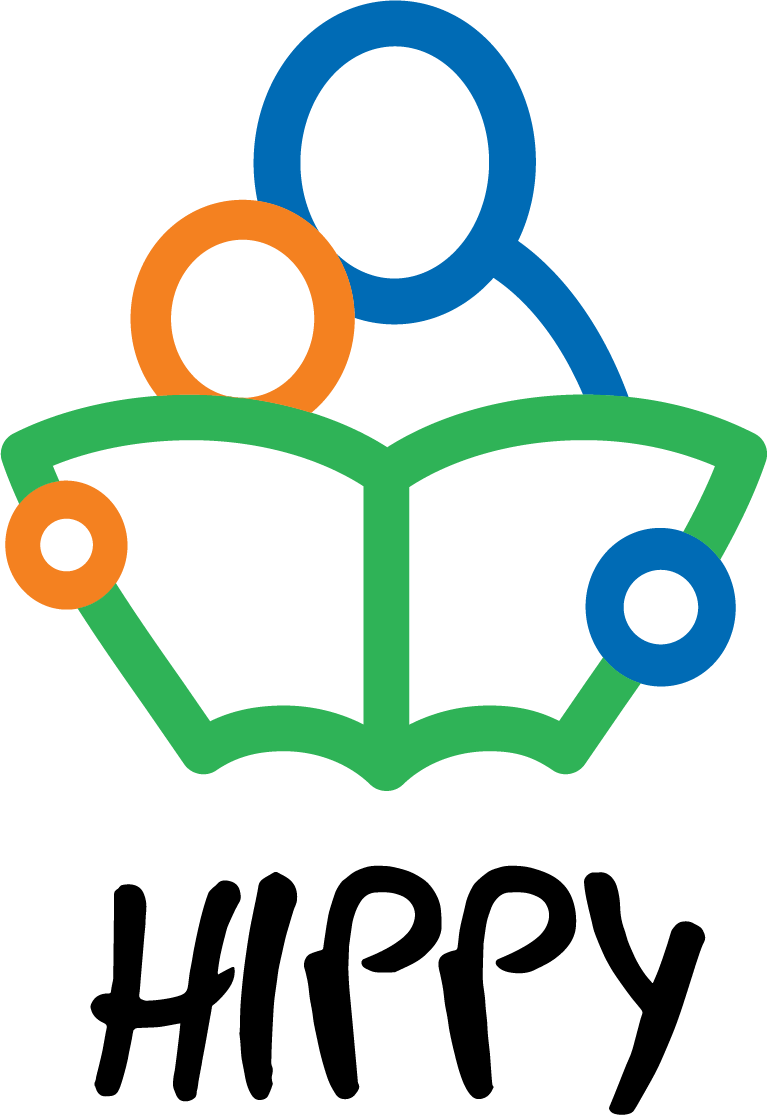The History of HIPPY
 An International Program
An International Program
The Home Instruction for Parents of Preschool Youngsters (HIPPY) is an international program that started in Israel in 1969 as a research and demonstration project. It has since spread to other countries. Germany, New Zealand, Australia, South Africa, and Canada along with Israel and the United States now comprise HIPPY International. The HIPPY program came to the United States in 1984.
HIPPY US is the national office for the network of state coordinating offices and local HIPPY programs in the United States, with the primary responsibilities of providing training and technical assistance; developing and improving the HIPPY materials and model; conducting outreach and advocacy; collecting national data; and overseeing research.
Looking back…
2019-20 HIPPY USA started the new age 2 (HIPPY for Little Learners – H4LL) curriculum.
2018-19 Florida had 16 HIPPY sites serving 20 counties (Spring Hill HIPPY served Pasco and Hernando Counties, Viera HIPPY served Brevard and Orange Counties and Port St. Joe HIPPY served Franklin, Gulf and Calhoun Counties) with 16 Coordinators and 96 Home Visitors serving more than 1,934 children from approximately 1,733 families.
1996 There were 9 programs operating in various sites in Florida, serving more than 800 families of diverse cultural and ethnic backgrounds.
1995 The Florida State HIPPY Advisory Committee was established in Tampa, Florida. The Florida HIPPY Training and Technical Assistance (T&TA) Center was established with funds from a Federal Title IV Parent Involvement Project (PIP) grant at the Hillsborough County Center of Excellence and the Center was housed at the University of South Florida.
1991 HIPPY USA became an independent, non-profit, educational organization.
1988 HIPPY USA was established at NCJW to provide training and technical assistance to all HIPPY programs.
1985 The first Florida HIPPY program began in Miami. 1984 HIPPY programs were established in the United States.
1969 HIPPY was developed in Israel, at the National Council of Jewish Women (NCJW) Research Institute for Innovation in Education at the Hebrew University in Jerusalem.



